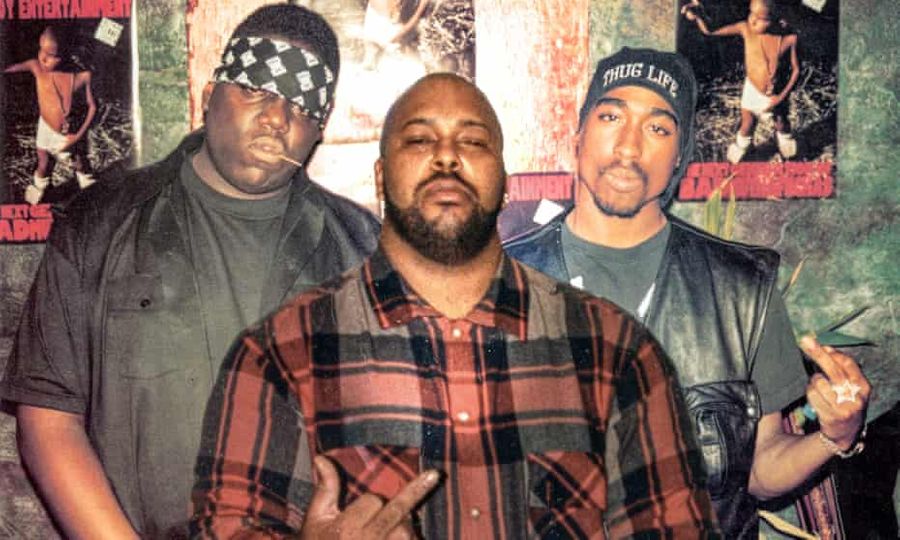Even 25 years after the tragic deaths of Tupac Shakur, and Christopher George Latore Wallace (Biggie Smalls) less than a year later, it’s a testament to their cultural power that the true story behind their murders remains such a pertinent talking point. Last Man Standing is in fact the second investigatory documentary from director Nick Broomfield on the subject, having released Biggie and Tupac in 2002 where much of the blame for the murders he pinned on co-founder of ‘Death Row Records’ Suge Knight. With the emergence of new information, Broomfield’s latest film attempts to weigh further pressure in Knight’s court, though only really acts as a muddled appendix confusing the case as a whole.
With the recent popular culture obsession with true crime stories, it’s little wonder that the unsolved case of the murders of Tupac and Biggie Smalls has been brought back into the limelight. With Suge Knight currently serving a 28-year prison sentence for the murder of a man after a bust-up on the set of Public Enemy biopic Straight Outta Compton, “people started talking more freely… about the shadow behind Biggie Smalls and Tupac Shakur’s murders” Broomfield explains. Though really, it seems as though Broomfield’s mind has long since been made up. The trivial information he learns here does little to shift his previous opinion.
Knight himself is a fascinating figure, a bowling ball of a man often sporting a garish ‘Death Row’ chain and a low-hanging smoking cigar who lorded over Tupac during his time at the record company and controlled his followers using violence and intimidation. His relationship with the iconic American rapper and songwriter forms the story’s most fascinating aspect, appearing to coerce and slyly encourage Tupac to turn from a provocative wordsmith into a violent ‘gangster’.
Reportedly once saying Tupac Shakur was “worth more dead than alive”, the case against Suge Knight involvement in the murders is rather definitive though relies upon close cooperation from a crooked Los Angeles Police Department, explaining why the case has never been closed. The infamous violence that erupted between the East Coast and West Coast gangs seeped into the mainstream as frequent violent drive-by shootings spilled out into highly-populated areas. Such led to a heightened police presence, which also inextricably forced the gangs and death-row records to receive an even higher profile, with their iconic feud becoming part of the fabric of hip-hop culture.
This culture went beyond the remits of music, however, with Tupac appearing in Ernest R. Dickerson’s 1992 film Juice, the rapper’s debut role in which he played Bishop, an intimidating thug with a dogged determination to escape his poverty-stricken position in life. His role in the film preceded Tupac signing the ‘Death Row’ contract in 1995, though many believe this to be the spark that would lead the rapper into trouble, as myth and reality merged and his character of Bishop started to transcend fiction.
Though Broomfield’s latest batch of evidence certainly adds fuel to the smouldering embers of Tupac and Biggie’s pertinent unsolved murders, the evidence simply isn’t definitive or forceful enough to produce actual change. Whilst his original probing 2002 documentary may have led to a case being reopened by the LA Police Department, there’s little Last Man Standing will prompt, apart from maybe another copy-cat documentary.
